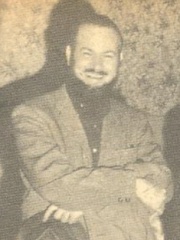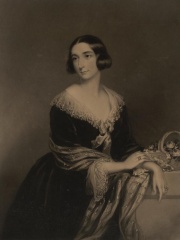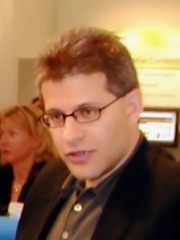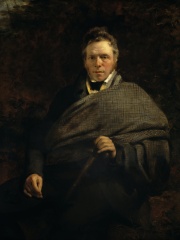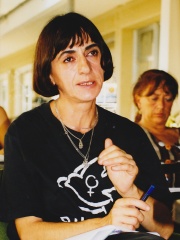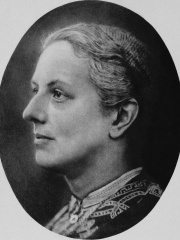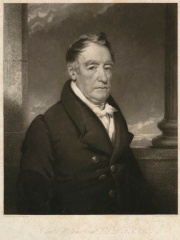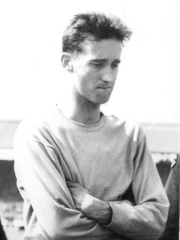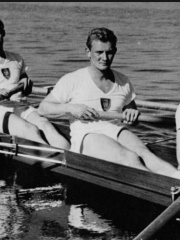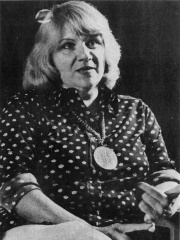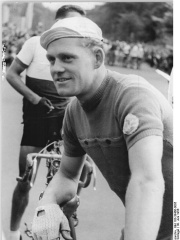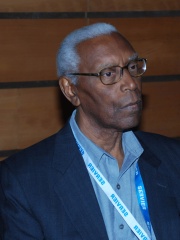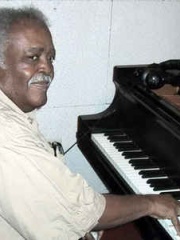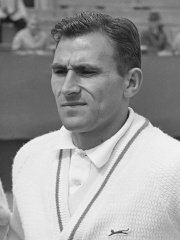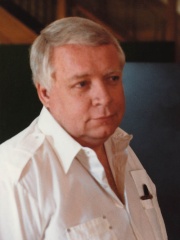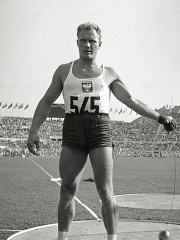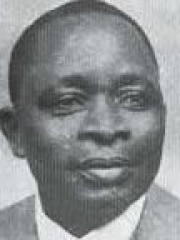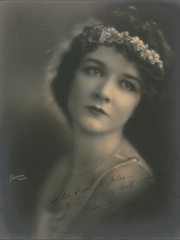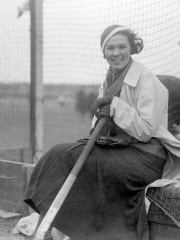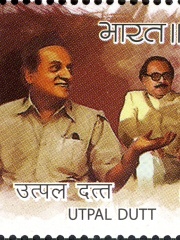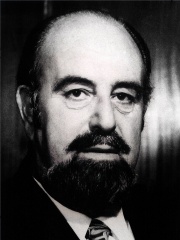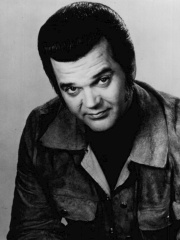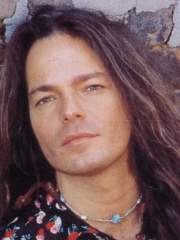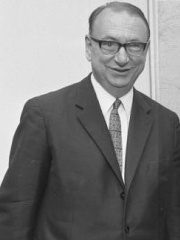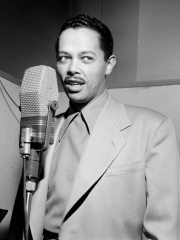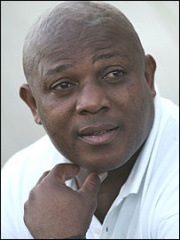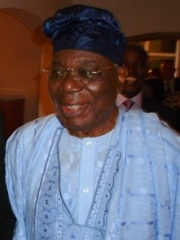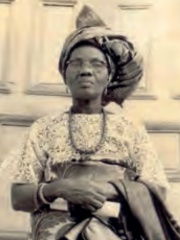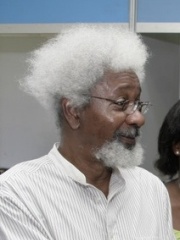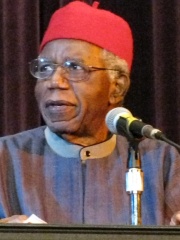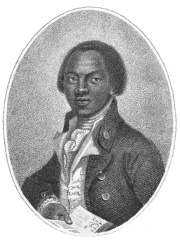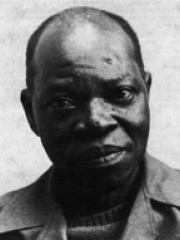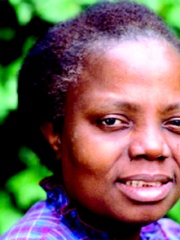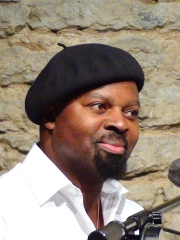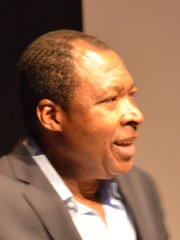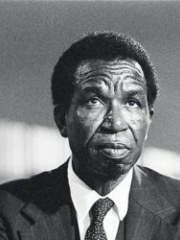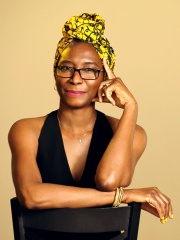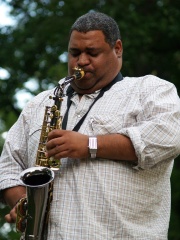WRITER
Flora Nwapa
1931 - 1993
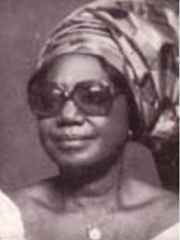
 Flora Nwapa
Flora Nwapa
Chief Florence Nwanzuruahu Nkiru Nwapa (13 January 1931 – 16 October 1993), was a Nigerian author who has been called the mother of modern African Literature. She was the forerunner to a generation of African women writers, and the first African woman novelist to be published in the English language in Britain. She achieved international recognition with her first novel Efuru, published in 1966 by Heinemann Educational Books. While never considering herself a feminist, she was best known for recreating life and traditions from an Igbo woman's viewpoint. Read more on Wikipedia
Her biography is available in 24 different languages on Wikipedia (up from 23 in 2024). Flora Nwapa is the 5,867th most popular writer (up from 6,208th in 2024), the 65th most popular biography from Nigeria (down from 62nd in 2019) and the 7th most popular Nigerian Writer.
Memorability Metrics
Page views of Flora Nwapa by language
Among WRITERS
Among writers, Flora Nwapa ranks 5,867 out of 7,302. Before her are Mark Haddon, John Keel, Karel Schoeman, Gjorgji Abadžiev, Lady Charlotte Guest, and Paul-Eerik Rummo. After her are Daniel Goldhagen, James Hogg, Stanislava Staša Zajović, Charlotte Mary Yonge, Karim Rashid, and Charles Wilkins.
Most Popular Writers in Wikipedia
Go to all RankingsMark Haddon
1962 - Present
HPI: 53.14
Rank: 5,861
John Keel
1930 - 2009
HPI: 53.14
Rank: 5,862
Karel Schoeman
1939 - 2017
HPI: 53.14
Rank: 5,863
Gjorgji Abadžiev
1910 - 1963
HPI: 53.14
Rank: 5,864
Lady Charlotte Guest
1812 - 1895
HPI: 53.13
Rank: 5,865
Paul-Eerik Rummo
1942 - Present
HPI: 53.13
Rank: 5,866
Flora Nwapa
1931 - 1993
HPI: 53.13
Rank: 5,867
Daniel Goldhagen
1959 - Present
HPI: 53.13
Rank: 5,868
James Hogg
1770 - 1835
HPI: 53.12
Rank: 5,869
Stanislava Staša Zajović
1953 - Present
HPI: 53.12
Rank: 5,870
Charlotte Mary Yonge
1823 - 1901
HPI: 53.11
Rank: 5,871
Karim Rashid
1960 - Present
HPI: 53.11
Rank: 5,872
Charles Wilkins
1749 - 1836
HPI: 53.11
Rank: 5,873
Contemporaries
Among people born in 1931, Flora Nwapa ranks 518. Before her are Gordon Pirie, Billy Bingham, Marc Bouissou, Ann Rule, Gustav-Adolf Schur, and Tomimaru Okuni. After her are Carlos Graça, Ray Bryant, István Gulyás, Algis Budrys, Tadeusz Rut, and Thomas Shardelow. Among people deceased in 1993, Flora Nwapa ranks 258. Before her are Tahirou Congacou, Danny Blanchflower, Mary Philbin, Lien Gisolf, Utpal Dutt, and Albert Hyzler. After her are Jean Tamini, Conway Twitty, Ray Gillen, Gary Gordon, Heinrich Albertz, and Billy Eckstine.
Others Born in 1931
Go to all RankingsGordon Pirie
ATHLETE
1931 - 1991
HPI: 53.34
Rank: 512
Billy Bingham
SOCCER PLAYER
1931 - 2022
HPI: 53.31
Rank: 513
Marc Bouissou
ATHLETE
1931 - 2018
HPI: 53.27
Rank: 514
Ann Rule
WRITER
1931 - 2015
HPI: 53.19
Rank: 515
Gustav-Adolf Schur
CYCLIST
1931 - Present
HPI: 53.15
Rank: 516
Tomimaru Okuni
ASTRONOMER
1931 - Present
HPI: 53.14
Rank: 517
Flora Nwapa
WRITER
1931 - 1993
HPI: 53.13
Rank: 518
Carlos Graça
POLITICIAN
1931 - 2013
HPI: 53.12
Rank: 519
Ray Bryant
MUSICIAN
1931 - 2011
HPI: 53.08
Rank: 520
István Gulyás
TENNIS PLAYER
1931 - 2000
HPI: 53.08
Rank: 521
Algis Budrys
WRITER
1931 - 2008
HPI: 53.07
Rank: 522
Tadeusz Rut
ATHLETE
1931 - 2002
HPI: 53.06
Rank: 523
Thomas Shardelow
CYCLIST
1931 - 2019
HPI: 53.06
Rank: 524
Others Deceased in 1993
Go to all RankingsTahirou Congacou
POLITICIAN
1913 - 1993
HPI: 53.37
Rank: 252
Danny Blanchflower
SOCCER PLAYER
1926 - 1993
HPI: 53.36
Rank: 253
Mary Philbin
ACTOR
1902 - 1993
HPI: 53.35
Rank: 254
Lien Gisolf
ATHLETE
1910 - 1993
HPI: 53.29
Rank: 255
Utpal Dutt
ACTOR
1929 - 1993
HPI: 53.21
Rank: 256
Albert Hyzler
POLITICIAN
1916 - 1993
HPI: 53.20
Rank: 257
Flora Nwapa
WRITER
1931 - 1993
HPI: 53.13
Rank: 258
Jean Tamini
SOCCER PLAYER
1919 - 1993
HPI: 52.88
Rank: 259
Conway Twitty
SINGER
1933 - 1993
HPI: 52.80
Rank: 260
Ray Gillen
SINGER
1959 - 1993
HPI: 52.64
Rank: 261
Gary Gordon
MILITARY PERSONNEL
1960 - 1993
HPI: 52.59
Rank: 262
Heinrich Albertz
POLITICIAN
1915 - 1993
HPI: 52.54
Rank: 263
Billy Eckstine
SINGER
1914 - 1993
HPI: 52.48
Rank: 264
In Nigeria
Among people born in Nigeria, Flora Nwapa ranks 65 out of 309. Before her are Stephen Keshi (1962), Uche Okechukwu (1967), Israel Adesanya (1989), Victor Ikpeba (1973), Ernest Shonekan (1936), and Chukwudi Iwuji (1975). After her are Kelechi Iheanacho (1996), Celestine Babayaro (1978), Daniel Amokachi (1972), Vincent Enyeama (1982), Funmilayo Ransome-Kuti (1900), and Victor Boniface (2000).
Others born in Nigeria
Go to all RankingsStephen Keshi
SOCCER PLAYER
1962 - 2016
HPI: 53.45
Rank: 59
Uche Okechukwu
SOCCER PLAYER
1967 - Present
HPI: 53.37
Rank: 60
Israel Adesanya
MARTIAL ARTS
1989 - Present
HPI: 53.36
Rank: 61
Victor Ikpeba
SOCCER PLAYER
1973 - Present
HPI: 53.33
Rank: 62
Ernest Shonekan
POLITICIAN
1936 - 2022
HPI: 53.33
Rank: 63
Chukwudi Iwuji
ACTOR
1975 - Present
HPI: 53.31
Rank: 64
Flora Nwapa
WRITER
1931 - 1993
HPI: 53.13
Rank: 65
Kelechi Iheanacho
SOCCER PLAYER
1996 - Present
HPI: 53.03
Rank: 66
Celestine Babayaro
SOCCER PLAYER
1978 - Present
HPI: 52.97
Rank: 67
Daniel Amokachi
SOCCER PLAYER
1972 - Present
HPI: 52.78
Rank: 68
Vincent Enyeama
SOCCER PLAYER
1982 - Present
HPI: 52.75
Rank: 69
Funmilayo Ransome-Kuti
POLITICIAN
1900 - 1978
HPI: 52.46
Rank: 70
Victor Boniface
SOCCER PLAYER
2000 - Present
HPI: 52.24
Rank: 71
Among WRITERS In Nigeria
Among writers born in Nigeria, Flora Nwapa ranks 7. Before her are Wole Soyinka (1934), Chinua Achebe (1930), Olaudah Equiano (1745), Amos Tutuola (1920), Chimamanda Ngozi Adichie (1977), and Buchi Emecheta (1944). After her are Ben Okri (1959), Okwui Enwezor (1963), Cyprian Ekwensi (1921), Amina Lawal (1973), Sefi Atta (1964), and Chris Abani (1966).
Wole Soyinka
1934 - Present
HPI: 69.29
Rank: 1
Chinua Achebe
1930 - 2013
HPI: 67.37
Rank: 2
Olaudah Equiano
1745 - 1797
HPI: 59.98
Rank: 3
Amos Tutuola
1920 - 1997
HPI: 59.88
Rank: 4
Chimamanda Ngozi Adichie
1977 - Present
HPI: 59.02
Rank: 5
Buchi Emecheta
1944 - 2017
HPI: 55.11
Rank: 6
Flora Nwapa
1931 - 1993
HPI: 53.13
Rank: 7
Ben Okri
1959 - Present
HPI: 52.23
Rank: 8
Okwui Enwezor
1963 - 2019
HPI: 47.19
Rank: 9
Cyprian Ekwensi
1921 - 2007
HPI: 46.78
Rank: 10
Amina Lawal
1973 - Present
HPI: 46.03
Rank: 11
Sefi Atta
1964 - Present
HPI: 43.90
Rank: 12
Chris Abani
1966 - Present
HPI: 43.35
Rank: 13

